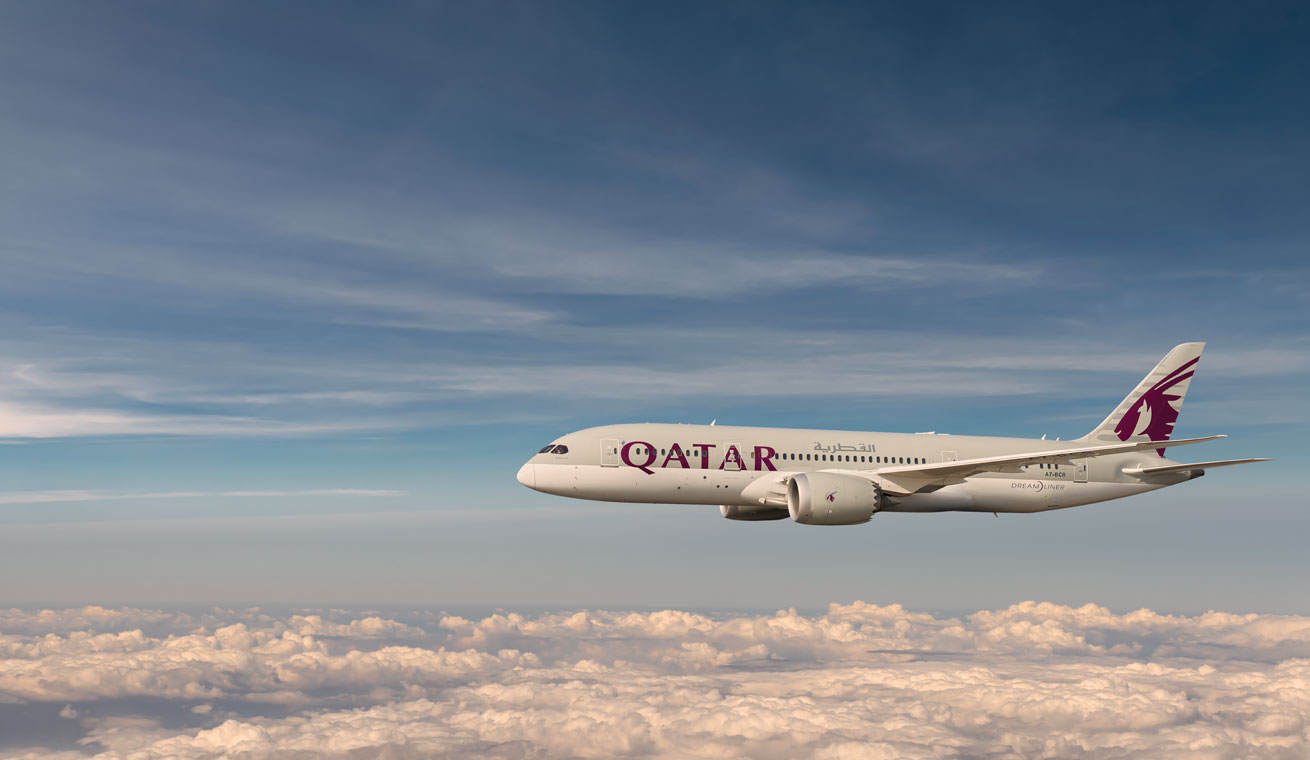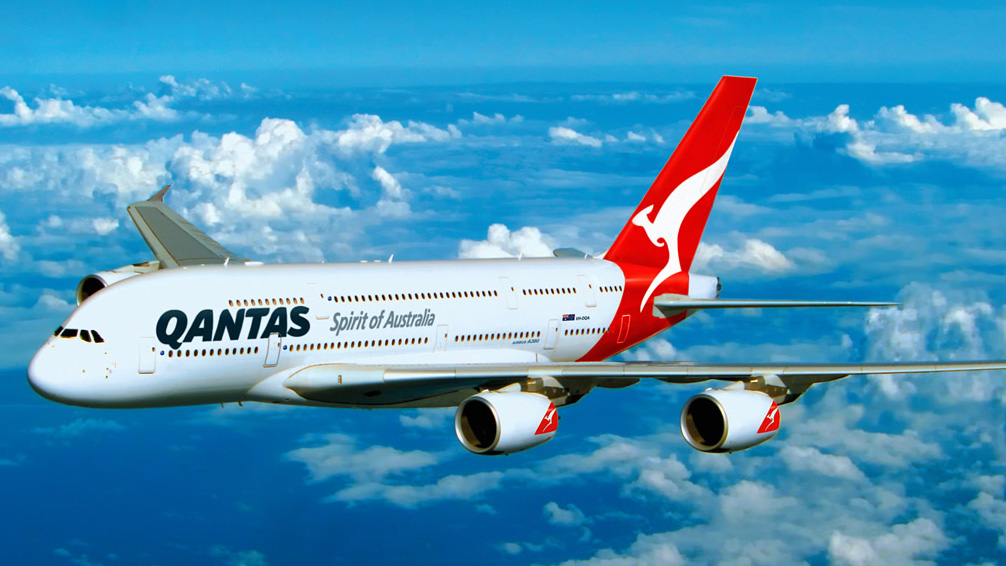The ongoing and increasingly acrimonious dispute between Qatar Airways and Airbus has become somewhat of a public showdown in recent weeks.
The relationship between the two aviation industry giants had been steadily deteriorating over the last nine months over an issue on some of Qatar Airways’ in-service A350s — one of the newest, most efficient long-haul aircraft in the skies today, an Airbus jet first delivered to Qatar Airways just a few years ago.
Why are the two locked in a battle?
It all centres around the “root cause.” In late-2020 and early 2021, Qatar Airways had discovered that many of its A350s — long-haul jets operating from Doha to the US, South Africa, Australia and beyond — suffer from “accelerated surface degradation”.
This issue manifested in around eight different kinds of defects across the aircraft causing the fuselage on some A350s to appear almost shattered or ruptured in places, exposing the under a layer of expanded copper foil.
Airbus insisted that there is no risk to the A350’s safety. The manufacturer, one that often battles with its competitor Boeing to secure business from the likes of Qatar Airways and other Gulf airlines, insisted that the surface-degradation issues are “non-structural” but is yet to elaborate on a specific root-cause.
Qatar Airways does not believe Airbus has determined a root cause of the issue and pointed out in recent court documents that current explanations suggest the condition itself could even be inherent in the design of the A350.
Airbus, in an attempt to address the issues found across multiple of these jets, recommended approximately 900 temporary “patch repairs” to the damage resulting from the condition, an offer Qatar Airways rejected given it vastly exceeds the normal handful of patch repairs that would be expected on any one aircraft over its life, and of course still does not determine the root cause of the issue.
And so, in the absence of a root-cause, 21 aircraft of the Qatar Airways A350 fleet are presently grounded because they are considered unairworthy by Qatar’s Civil Aviation Authority, and both Qatar Airways and Airbus are now heading to England’s High Court with neither side showing any signs of the battle simmering down. In fact, it’s just the opposite.
IATA warns against exploitation of ‘market strength’ amid recent Qatar Airways, Airbus dispute
Airbus’ escalation
On 22 January, Airbus unexpectedly cancelled an entirely separate order placed by Qatar – a USD $6 billion contract with Qatar Airways for 50 of its new A321neo passenger jets.
The affected A321neo order originally dates to 2011, and the Qatari carrier was set to receive the jets next year and deploy the new long-range single aisle aircraft across its route network with a brand-new Economy Class and an adapted ‘mini Qsuite’.
The A321neo order cancellation was unprecedented — a “sharp escalation” that not only took the Doha-based airline by surprise, but surprised industry stakeholders too, given there are very few examples in history when an aircraft manufacturer has cancelled the order of its airline customer.
Qatar Airways called Airbus’s decision “a matter of considerable regret and frustration” and the cancellation itself will undoubtedly be challenged as part of the wider court case.
New aircraft orders are important for airlines, but for larger airlines — especially those which operate a hub model like Qatar Airways which is focused on passengers transiting via Doha for journeys from East to West, North to South — new aircraft enable expansion, provide an increase in capacity, and often allow the airline to become more agile and flexible when assessing new destinations, markets or even frequencies on existing routes.
For example, while a big Boeing 777 may be packed full of transiting passengers and cargo on an evening sector between Doha and Kuwait, the early afternoon flight — with a lighter load and fewer passengers around — may only be profitable if operated by a smaller, single-aisle aircraft requiring less fuel.
With the A321neo order supposedly revoked, Qatar Airways has naturally turned to its other supplier of commercial aircraft: Boeing.
What’s in the deal?
At a White House ceremony on Monday, Qatar Airways CEO Akbar Al Baker signed a firm order for 25 Boeing 737 Max 10 jets, the largest model in the Max family, along with purchase rights to buy another 25 more. The 737 Max 10 is the Boeing competitor of the Airbus A321neo.
The carrier also became Boeing’s first customer for a freighter version of Boeing’s future flagship jet, the 777X. Qatar signed an order for 34 of the 777X, with purchase rights for 16 more of the jets. The airline also ordered two of Boeing’s current 777 freighter model to take advantage of the upward trend of air cargo since the pandemic started. The order is worth $34 billion at list prices, the aircraft manufacturer said, but airlines often receive discounts.
Once the deal signing was complete, both Boeing and Qatar Airways commented on their relationship, thanking each side for their “trust.
And so, while the Airbus-Qatar dispute will roll on with the two preparing for the first High Court hearing in late-April, for now Boeing is already benefiting from the Qatari carriers’ renewed sense of trust in the competition manufacturer – winning both the cargo jet order, and a new single-aisle jet order to meet the post-pandemic demand ahead.
Alex Macheras is an aviation analyst, broadcasting and discussing the world’s aviation news on leading international news networks, including BBC News, Sky News, Al Jazeera, ITV, CNN, LBC, and Good Morning Britain.
Follow Doha News on Twitter, Instagram, Facebook and Youtube







